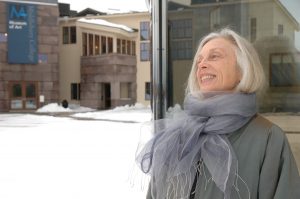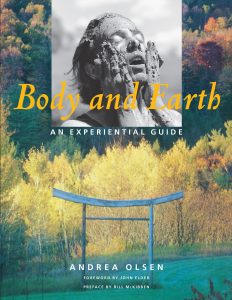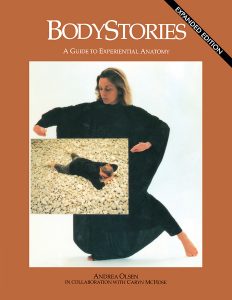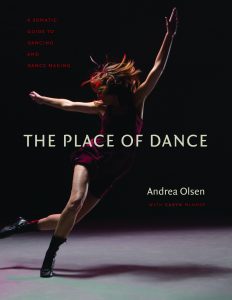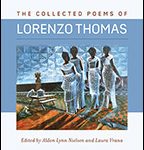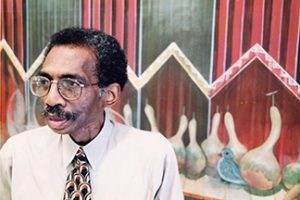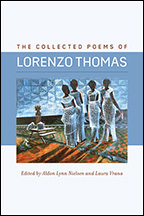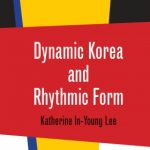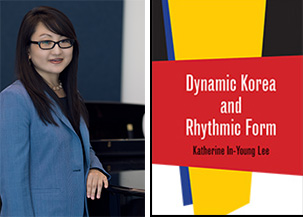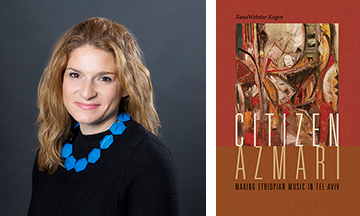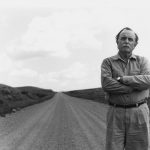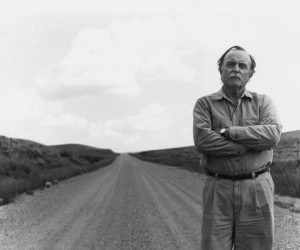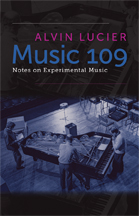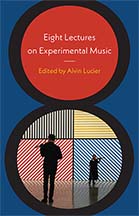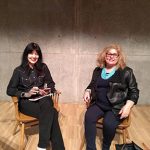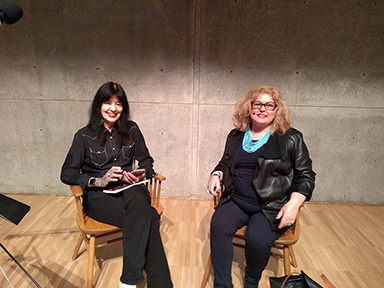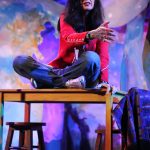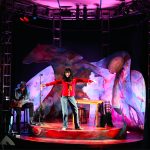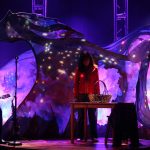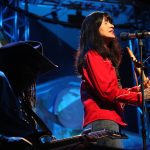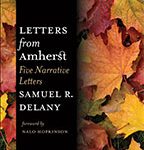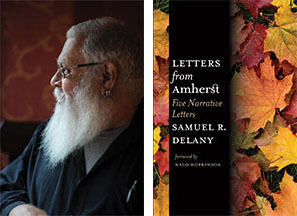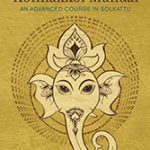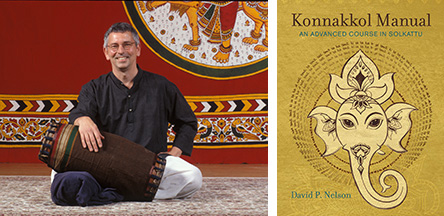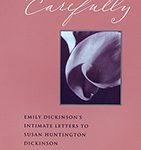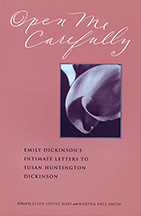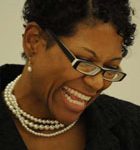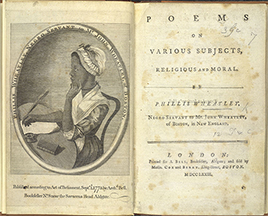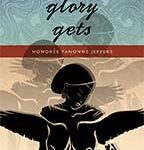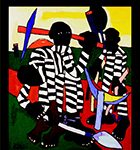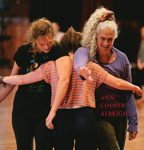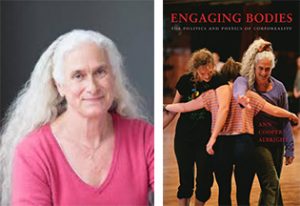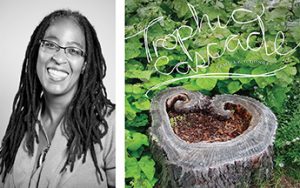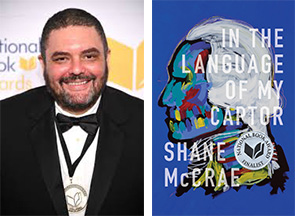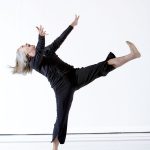
“Olsen finds her fresh edge with a holistic vision with which to dance, make dances and move through life.”
—Desirée Dunbar, Dance International Magazine
Wesleyan University Press is excited about keeping her trilogy of practical work books in print, for dancers, choreographers, and other movement artists. Or for anybody who wishes to explore movement in a creative way.
For an introduction to Andrea Olsen’s work, visit her Body and Earth website, where you will find seven movement explorations developed with her colleague Caryn McHose.
Originally published by the University Press of New England in 1998, BodyStories: A Guide to Experiential Anatomy is a book that engages our interest in human anatomy. Thirty-one days of learning sessions heighten awareness about each bone and body system and provide self-guided studies. The book draws on Ms. Olsen’s thirty years as a dancer and teacher of anatomy to show how our attitudes and approaches to our body affect us day to day. Amusing and insightful personal stories enliven the text and provide ways of working with the body for efficiency and for healing. BodyStories is used as a primary text in college dance departments, massage schools, and yoga training programs internationally. Now, you can use the book to guide you in your home studies.
Olsen’s second book, Body and Earth: An Experiential Guide was also published by the University Press of New England, in 2002. The book is not only a lesson plan, it is also an investigation. Arranged as a 31-day program, the book offer a wealth of scientific information and exercises for exploring the body and connecting with place. Illustrations and other art illuminate each chapter’s themes, and Olsen’s meditations and reflections connect the topics to her personal history and experience. Olsen insists that neither body nor landscape are separate from our fundamental selves, but in a culture which views the body as a mechanism to be trained and the landscape as a resource to be exploited, we need to learn again to see their fundamental wholeness and interconnection. Through hard data, reflection, exercises, and inspiration, Body and Earth offers a guide to responsible stewardship of both our bodies and the planet.
The Place of Dance: A Somatic Guide to Dancing and Dance Making, first published by Wesleyan University Press in 2014, reminds us that dancing is in our nature, available to all as well as refined for the stage. This workbook integrates experiential anatomy with the process of moving and dancing, with a particular focus on the creative journey involved in choreographing, improvising, and performing for others. Each of the chapters, or “days,” introduces a particular theme and features a dance photograph, information on the topic, movement and writing investigations, personal anecdotes, and studio notes from professional artists and educators for further insight. It is well suited for dancers, or anyone interested in engaging embodied intelligence and living more consciously.
These three books are excellent teaching tools and will help each reader to understand his/her dancing body through somatic work, create a dance, and to create a full journal clarifying aesthetic views on his or her practice. Wesleyan University Press is now keeping all three of Olsen’s volumes in print.
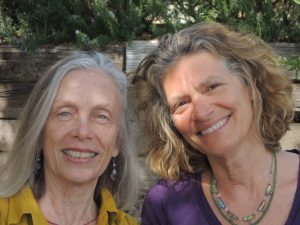
ANDREA OLSEN is professor of dance and faculty member in the Environmental Studies Program at Middlebury College. She is a certified Holden QiGong and Embodyoga instructor, teaching classes and workshops worldwide. She also performs frequently, with current accolades in her piece “Awakening Grace: Six Somatic Tools.” In addition to writing, teaching, and performing, she is also working on a continuing film project with Scotty Hardwig and Caryn McHose entitled Body and Earth: Seven Web-Based Somatic Excursions.
Caryn McHose is Olsen’s frequent writing collaborator. She has a private practice in somatic movement therapy in Holderness, New Hampshire, and has taught creative movement internationally for more than forty years. She is coauthor, with Kevin Frank, of How Life Moves: Explorations in Meaning and Body Awareness.

